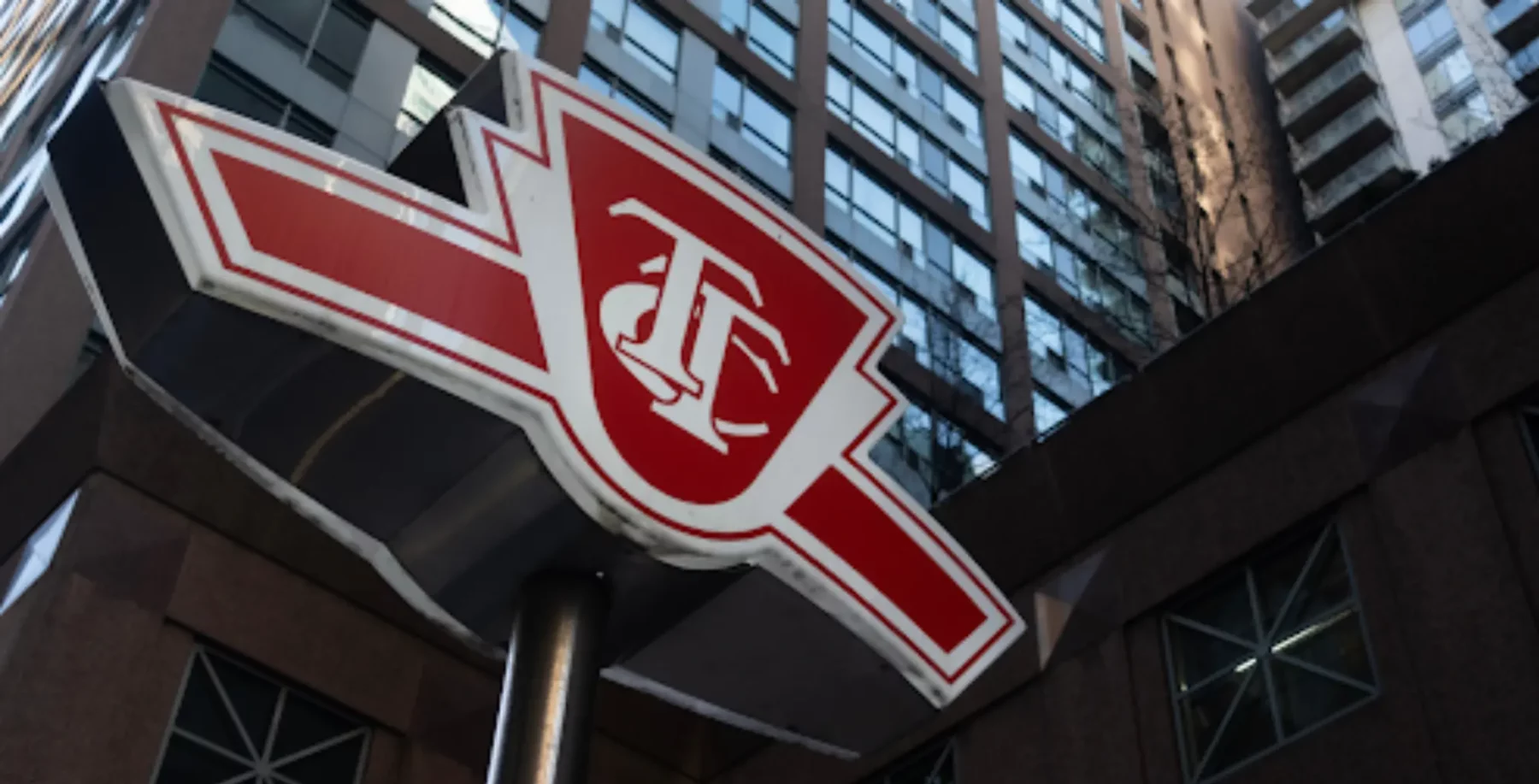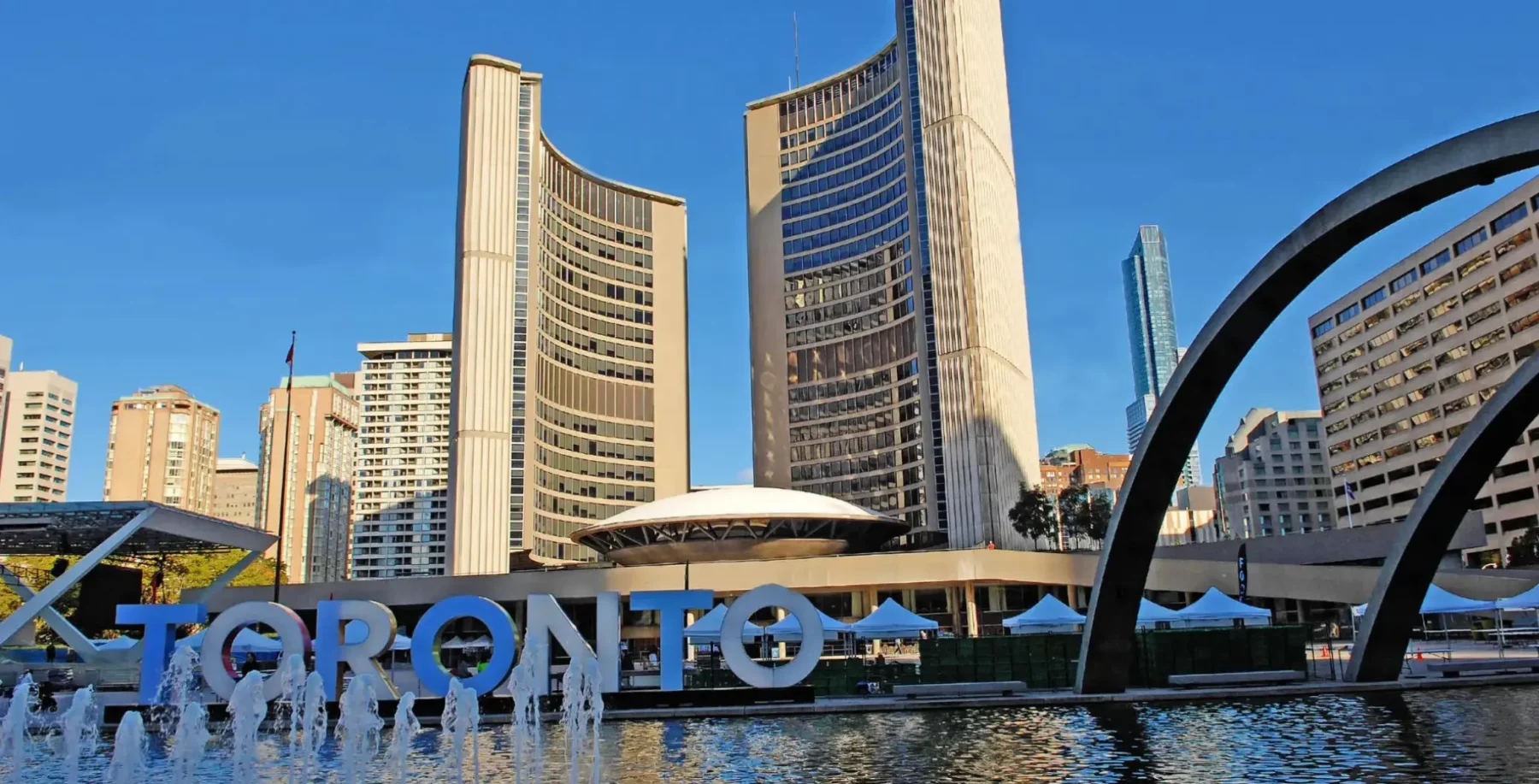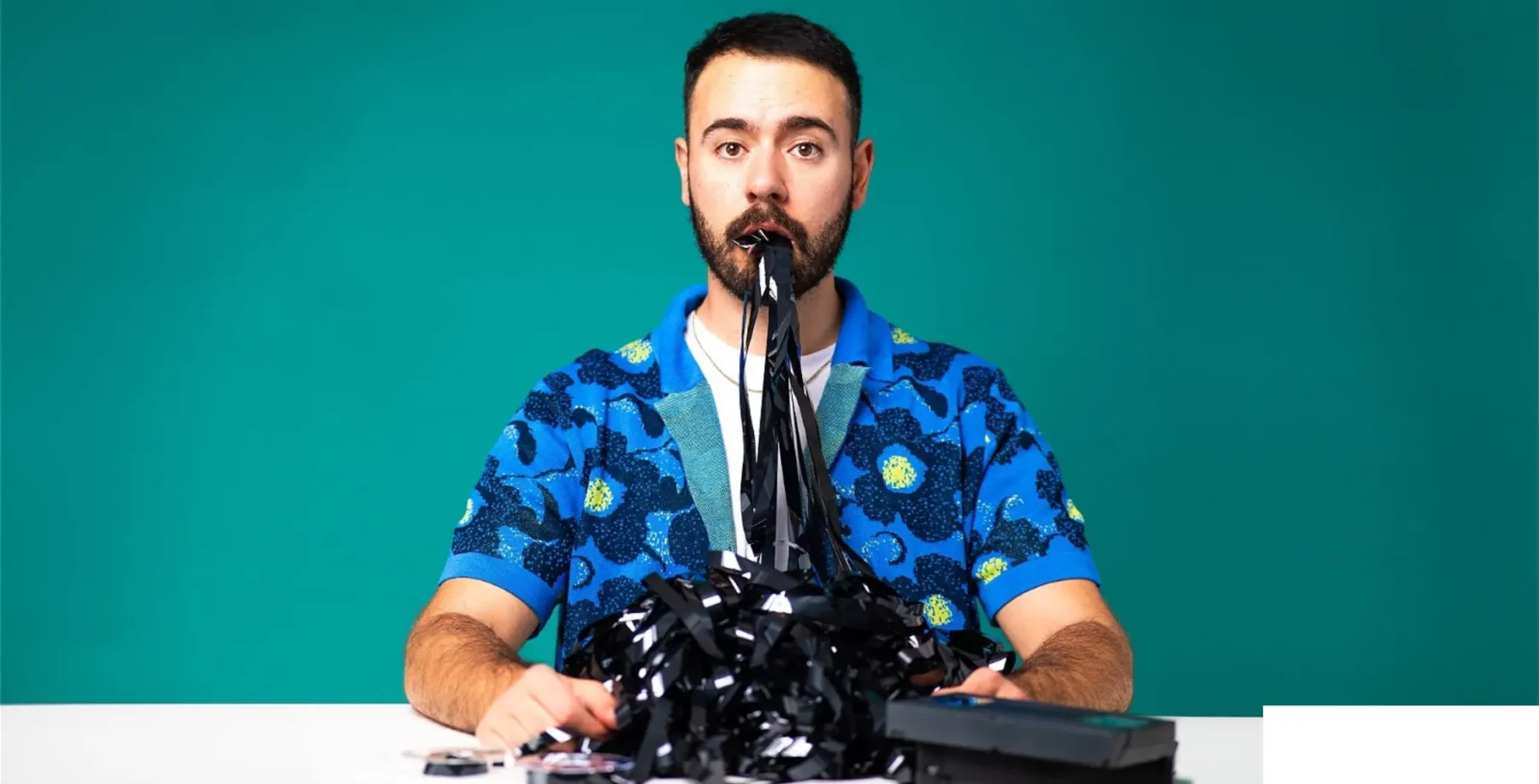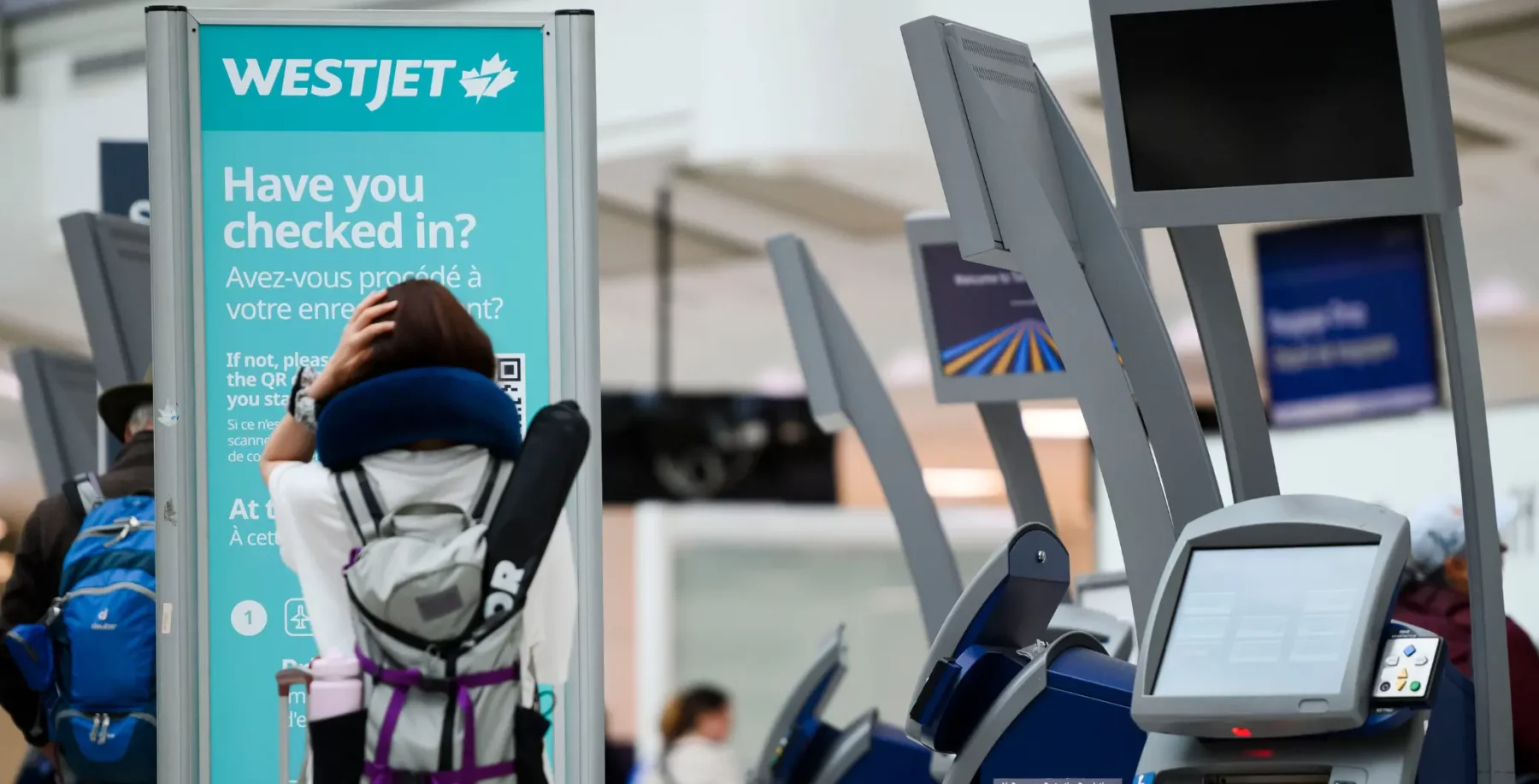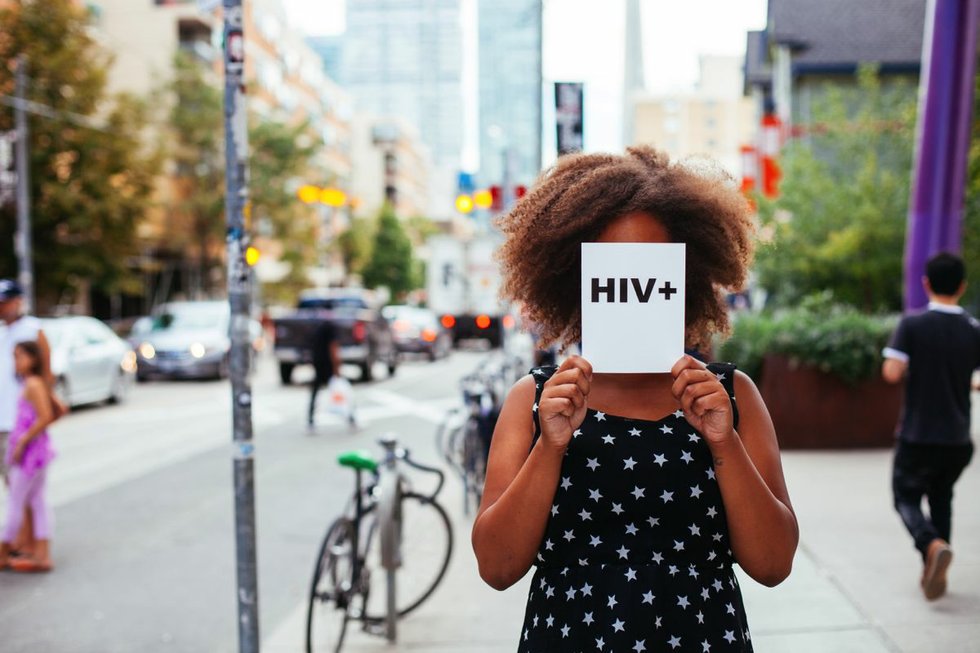
Six years ago, I walked out of the immunodeficiency clinic at Toronto General Hospital terrified, sent off with a big spiral-bound book on living with HIV/AIDS in Ontario. I hid it under my mattress to make sure my roommates didn’t find it.
Every once in a while I’d lock my door and thumb through it in bed, reading about what to expect over the years as the virus would tax my immune system. In more courageous moments, I’d delve deeper, opening a private browser on my laptop to search things like “how to tell boyfriend about HIV” or “HIV+ pregnancy.”
I’d then been dating the same man on and off for two years and thought I’d unknowingly given him HIV. He had a young daughter from a previous relationship, and in my mind I’d deprived her of a healthy dad by not getting tested for HIV beforehand.
It turned out that my boyfriend had known even before he met me that he was HIV+ but kept it from me.
I maintained a facade: a good job, lots of friends, a gym membership. But I knew I wasn’t okay, and felt that keeping my inner trauma a secret was going to make me explode like a shaken pop can.
Although doctors told me I was quite healthy despite my diagnosis, I lived in constant fear of my own body. Every cough or stiff joint became suspect, although my biggest fear was of anyone’s finding out about my HIV status.
It was only after contracting the virus that I realize I’d never met anyone who was openly HIV+, and the more I read about it, the less sense that made.
Toronto has some 19,000 people who are HIV+, according to the AIDS Committee of Toronto, including 3,200 who might not know they’ve got it.
I’d heard of people catching other STDs and STIs in university, but I’d never heard even a rumour of anyone being diagnosed with HIV in my circle. As shameful as it is to admit now, somewhere in the back of my mind I felt immune from such things. I’m a straight female living in the Annex whose drug of choice is pot. HIV wasn’t on my list of things to worry about.
I had a compartmentalized image of who “gets HIV,” as if anyone is ever insulated in a city of millions, or a world of billions for that matter. After my diagnosis I started to wonder if the person who served me in a restaurant or sat next to me on the subway could be a member of this mysterious group that I was suddenly part of.
After years of wondering, I finally decided to seek out other women like me for support. What I hoped was out there was a drop-in program for Black women living with HIV that operates outside the 9-to-5 workday.
I started emailing organizations I thought might have some support in place. I was really hoping to connect with one group in particular that was set up to help people living with HIV/AIDS. My first email to them went unanswered. It made me hesitant about asking for help. The silence felt like a sign that I shouldn’t be telling people, like the universe was giving me a chance to stay in my silent “comfort” zone (if you can call it that).
But I wrote a second time. This time someone did answer, and a well-meaning but extremely confusing email exchange followed. All I wanted was some information to consider anonymously.
Disclosure is a very nerve-racking and sometimes endangering decision. I’d read about people losing jobs, family and friends for “coming out” as HIV+.
I’d never dreamed how insensitive the intake process could be. I didn’t trust anyone to keep the details of my health in their records, which seemed to be my only option if I wanted to engage this group’s services.
The experience left me feeling like the only Black, straight, millennial female in Toronto with HIV, but statistics tell me I’m no anomaly.
A quarter of all the new HIV cases in Toronto are female. The majority are Black women, and most are having hetero sex, just like me.
I fall right in the middle of the most common age range, too: 67 per cent of women who newly contract HIV are between 20 and 39. The number of new HIV cases among women in Toronto has not declined significantly in years.
I suspect that many HIV+ women have had experiences like mine trying to find support. How can we end HIV/AIDS in Toronto when the most at-risk group of women seem to have so few resources dedicated to their needs?
My doctor has been my greatest ally outside of my close friends and family, and I’m forever grateful to her for being a proactive caregiver. She once called me on a Saturday to give me the number of another woman she treats who she suspected was also in need of support and who was interested in meeting me.
To this day, she is the only other Black female with HIV in my age range that I’ve met. She’s navigating dating, her health and getting on with her life, just like me.
We don’t talk often, but knowing she’s there has cleared so much mental fog for me that I can talk about being HIV+ with strangers now.
It scares me to think how many women out there just need that one other person to help them break out of the haze of the diagnosis. They’re not going to find that in a spiral-bound book.
Nicole Edwards is a Toronto-based freelance writer with an interest in women’s health.
If you’re living with AIDS/HIV
Services for women in Toronto
- AIDS Committee of Toronto WomenZone provides “practical, social and emotional support” to women with HIV. 543 Yonge, fourth floor. actoronto.org
- Women’s Health in Women’s Hands Community Health Centre offers HIV/AIDS services like forums for registered clients. 2 Carlton, suite 500. whiwh.com
- Black CAP (Coalition for AIDS Prevention) has a drop-in group called Rainbow Sistas for LGBTQ+ HIV+ women. 20 Victoria, fourth floor. black-cap.com
- Hassle Free Women/Trans Clinic has anonymous HIV testing. 66 Gerrard East, second floor. The group’s website also mentions a Health Promotion/Nursing Clinic offered by People With AIDS, 200 Gerrard East, second floor. hasslefreeclinic.org
news@nowtoronto.com | @nowtoronto








